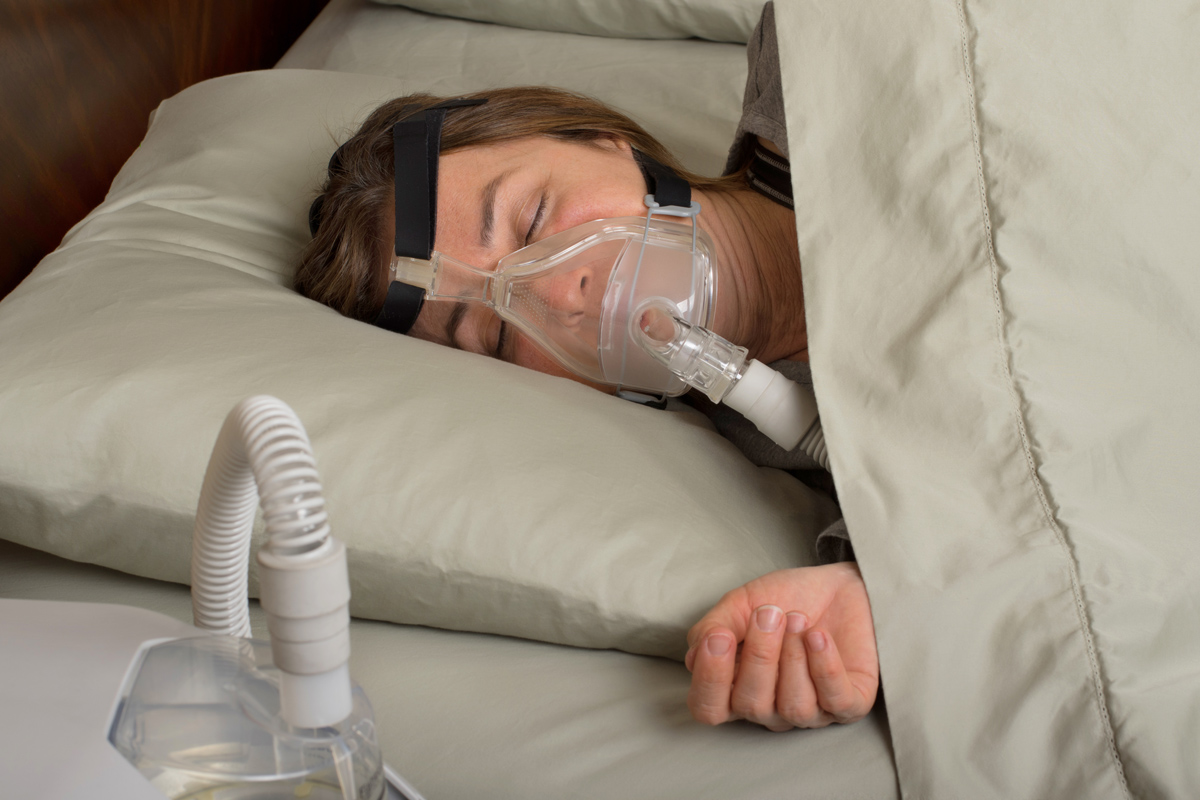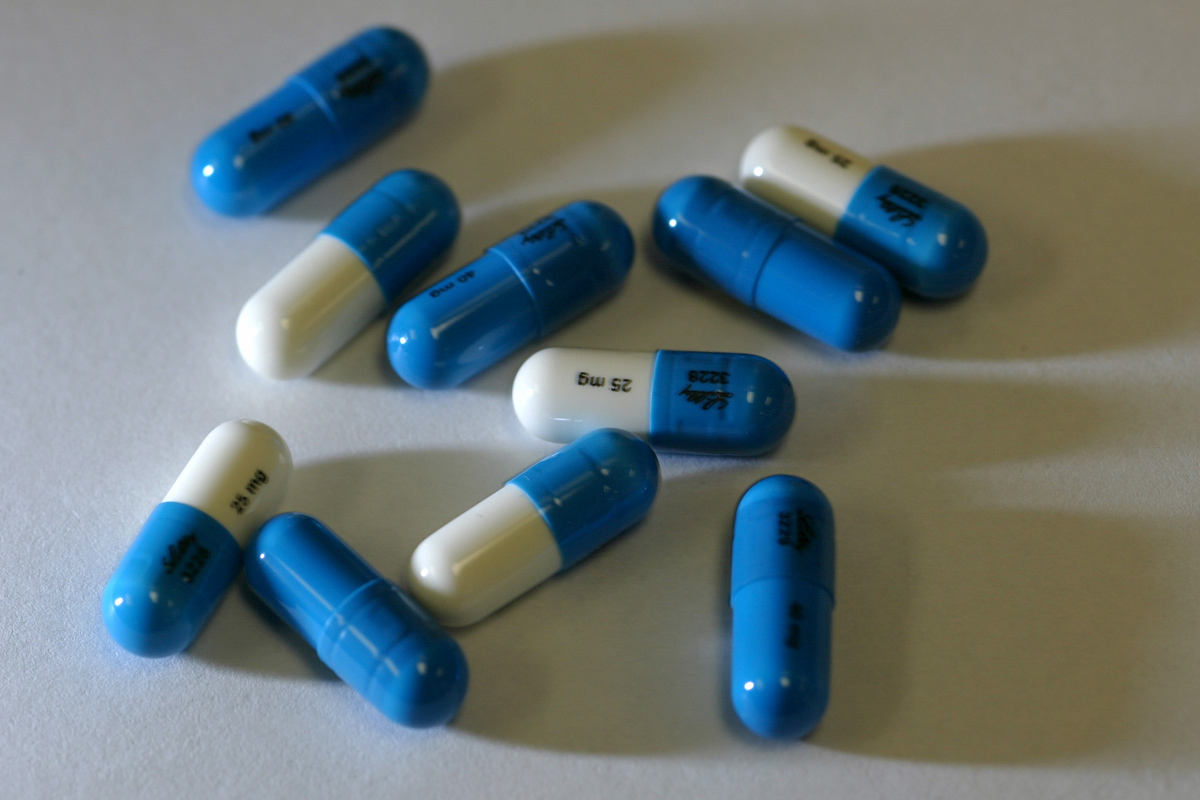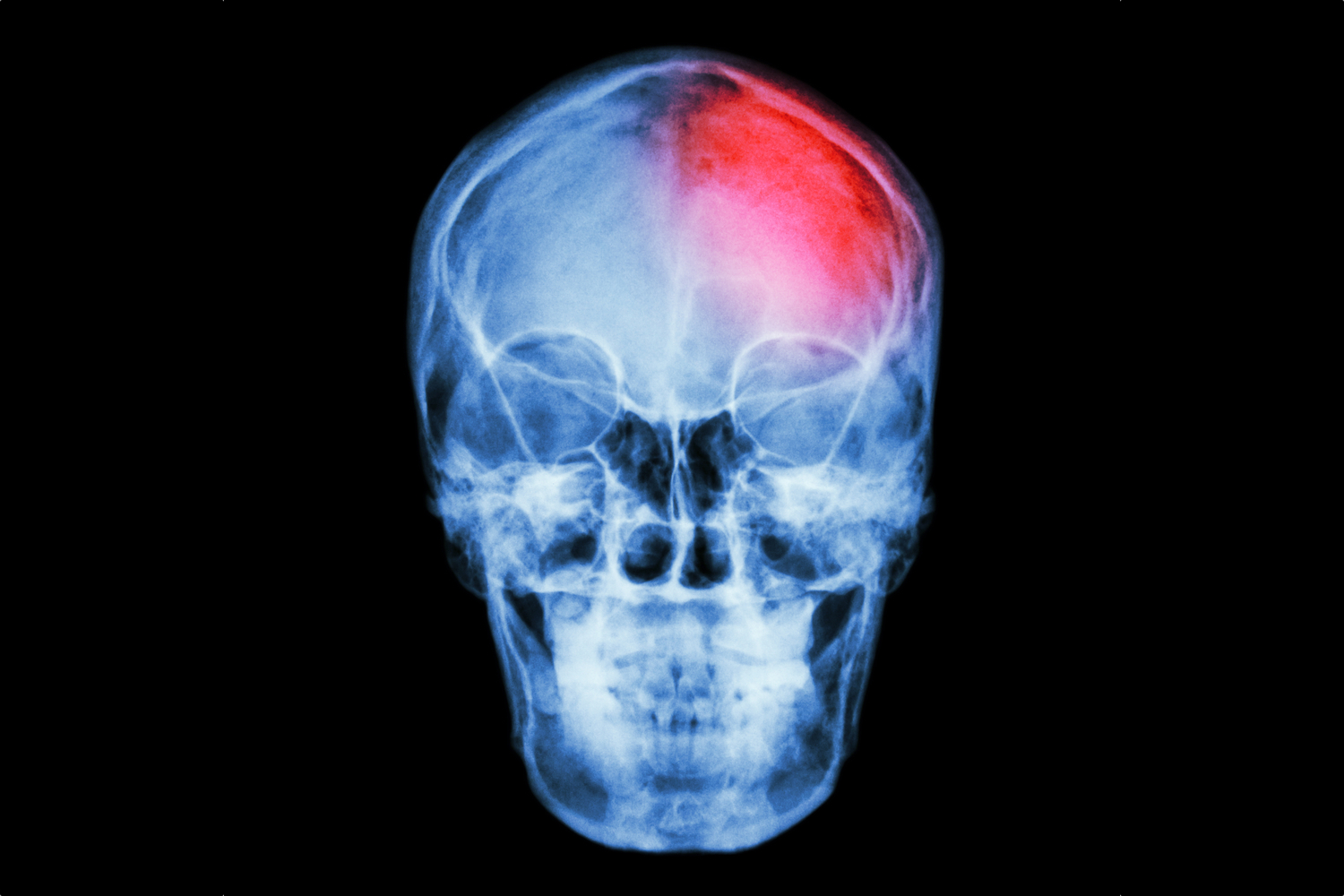9 Surprising Risk Factors for Dementia
Get the world’s most fascinating discoveries delivered straight to your inbox.
You are now subscribed
Your newsletter sign-up was successful
Want to add more newsletters?

Delivered Daily
Daily Newsletter
Sign up for the latest discoveries, groundbreaking research and fascinating breakthroughs that impact you and the wider world direct to your inbox.

Once a week
Life's Little Mysteries
Feed your curiosity with an exclusive mystery every week, solved with science and delivered direct to your inbox before it's seen anywhere else.

Once a week
How It Works
Sign up to our free science & technology newsletter for your weekly fix of fascinating articles, quick quizzes, amazing images, and more

Delivered daily
Space.com Newsletter
Breaking space news, the latest updates on rocket launches, skywatching events and more!

Once a month
Watch This Space
Sign up to our monthly entertainment newsletter to keep up with all our coverage of the latest sci-fi and space movies, tv shows, games and books.

Once a week
Night Sky This Week
Discover this week's must-see night sky events, moon phases, and stunning astrophotos. Sign up for our skywatching newsletter and explore the universe with us!
Join the club
Get full access to premium articles, exclusive features and a growing list of member rewards.
Risk Factors

The statistics surrounding dementia are staggering: Worldwide, an estimated 47 million people live with this disease, and nearly a trillion dollars is spent annually to care for these individuals, according to Alzheimer's Disease International. In the U.S. specifically, an estimated 4.5 million people have dementia, and that number is expected to grow to about 14 million by 2050.
Dementia refers to a group of symptoms — such as memory loss and problems with communication — that result from changes in the brain. Many diseases and conditions can cause dementia, including Alzheimer's disease.
But traditionally, dementia and, more specifically, Alzheimer's have not been thought of as preventable diseases. Given the staggering statistics, however, more money has been spent to identify causes of dementia and ways to possibly help prevent the disease.
And although some risk factors, such as genes, cannot be modified, other small lifestyle changes could help you feed your brain and keep it sharp for years down the line.
Here are nine recent studies that are changing the way we think about how to prevent dementia.
Snoring

It turns out that snoring can be harmful to more than your marriage: A May 2017 study published in the journal Sleep found that a sleep condition called obstructive sleep apnea (OSA) was linked to a greater Alzheimer's risk.
OSA is a condition in which breathing starts and stops during sleep. These small interruptions can decrease oxygen supply to vital organs and have already been linked to high blood pressure and heart disease. The new study, however, shows that these episodes may also be tied to poorer cognitive performance and an increased risk of dementia. This risk has also been seen with molecular studies that show changes in the spinal fluid of patients with OSA, that suggest early changes in substances tied to Alzheimer's, compared with people who didn't have OSA.
Get the world’s most fascinating discoveries delivered straight to your inbox.
But there's good news: The findings suggest that by treating OSA, you may be able to lower your risk.
Drinking diet soda

While it's certainly not surprising that soda can be hazardous to your health, recent research published in April 2017 in the journal Stroke provided strong evidence that diet soda may increase your risk of dementia, perhaps even more than regular soda alone.
The study looked at approximately 3,000 patients over age 45 who self-reported their beverage intake using a questionnaire. After adjusting for factors such as age, sex, physical activity, smoking and education, those who had a more recent and higher intake of artificially sweetened drinks were found to be three times more likely to develop dementia than those who drank less diet soda.
Interestingly, sugar-sweetened beverages, including fruit juice and nondiet sodas, were not associated with dementia risk.
Why would this be the case? Some of it probably is "self-selecting," meaning that people who are already unhealthy might be more likely to choose a diet drink. But the researchers noted that there is growing evidence for a direct effect from the artificial sweeteners themselves. Still, more research is needed to confirm the findings and establish a cause-and-effect relationship.
Low education and hearing loss

The way you live your life appears have a significant impact on dementia risk: A comprehensive report, published in July 2017 in the journal The Lancet, concluded that one-third of dementia cases could, theoretically, be prevented by lifestyle modification.
Surprisingly, some of the risk factors — such as low education levels, hearing loss in middle age and social isolation — were associated with risks approximately equal to those of smoking, obesity and high blood pressure. The researchers concluded that certain interventions like educating everyone beyond the age of 15 and treating everyone for hearing loss in middle age would reduce the number of dementia cases by 8 and 9 percent, respectively.
Increasing education, for example, may reduce dementia risk by increasing the mind's resilience to brain damage caused by aging, the researchers said. And by treating hearing loss, you can also cut into other risk factors for dementia, including depression and isolation.
Calcium supplements

Could you be building a strong body at the price of a strong mind?
Though calcium can help build strong bones, over the past several years, calcium supplements have become controversial.
An August 2016 study in the journal Neurology found that for women who already had signs of cerebrovascular disease (think heart disease of the brain), those who took calcium supplements were twice as likely to develop dementia than those who did not take them. In addition, those who had already had a stroke and took calcium supplements were seven times more likely to develop dementia than those who didn't take the pills.
The study only found an association between calcium supplements and dementia — it did not show cause and effect — and more research is needed to confirm the findings. However, the scientists said the link between the two may be explained because calcium pills could alter blood vessels and blood flow to the brain, which, in turn, could cause changes that lead to dementia.
Dizziness

At some point, you may have stood up too quickly and gotten light-headed. For some people, however, this feeling happens more frequently — a condition called orthostatic hypotension — and is a sign your blood pressure may drop more than it is supposed to when you go from lying down to standing up. This could mean your brain might not get the same healthy supply of blood when you stand up.
According to an October 2016 study published in the journal PLOS Medicine, older adults who experienced these drops in blood pressure had a 15-percent increase in their risk of developing dementia compared with those who didn't experience these blood pressure changes. And those who had a drop in blood pressure and no increase in their heart rate to help getting the blood flowing again had an even higher risk, 39 percent.
Thankfully, treatment for this condition may be as simple as making some lifestyle changes, according to the Mayo Clinic, including getting out of bed slowly, drinking enough water and doing exercises to help increase blood flow to the brain, such as crossing and tightening your leg muscles while standing.
ADHD

Though attention deficit hyperactivity disorder (ADHD) is primarily thought of as a disorder in children, around 4 percent of adults in the U.S. also have the condition, according to the National Institutes of Health.
Recent research published in June 2017 in the Journal of Attention Disorders suggests that people diagnosed with ADHD as adults are more likely to be diagnosed with dementia and mild cognitive impairment later in life, compared with adults who don't have ADHD. In that study, researchers found that adults with ADHD had a 3.4 times higher risk of developing dementia over a 10-year period compared with adults without ADHD.
The researchers said that the mechanism linking the two conditions "remains unclear." For example, there are questions about how much symptoms overlap between the conditions, and previous research has noted that it is hard to say for certain if ADHD leads to dementia through an unknown mechanism, early dementia symptoms are being misdiagnosed as ADHD or the two disorders exist along a spectrum.
An unhealthy heart

The connection between the heart and the mind is well established, and recent research suggests that keeping your heart healthy may give your brain a boost.
In this case, the connection likely lies in the health of your blood vessels. Things that can damage vessels — including high blood pressure, diabetes and, possibly, smoking — not only increase your risk of heart disease but can also raise your risk of dementia, according to a February 2017 study.
That study, presented at the American Stroke Association's International Stroke Conference in Houston, followed about 50,000 adults for 25 years. The researchers observed that the people who had high blood pressure or diabetes or were smokers had an increased risk of dementia, compared with those without these risk factors. The risk of dementia was increased by up to 77 percent for people with diabetes and 41 percent for smokers.
The researchers noted that although the study doesn't prove that protecting your heart will lower your dementia risk, eating a healthy diet and controlling blood pressure likely help to protect your brain from the small-blood-vessel problems and plaque buildup that are known to contribute to dementia.
Decreased REM sleep

Do sweet dreams protect your brain?
An August 2017 study published in the journal Neurology found that older adults who spent less time in REM, or rapid-eye movement, sleep were more likely to develop dementia over a 12-year period than those who got more REM sleep.
REM sleep is the part of the sleep cycle that's defined by high levels of brain activity and, most notably, when most dreaming takes place.
In the study, the researchers found that adults who spent an average of 17 percent of their sleep in REM were more likely to develop dementia, compared with adults who spent 20 percent of their snoozing in REM sleep.
Though the study showed an association between decreased REM sleep and dementia — rather than proving cause and effect — the researchers noted several possible explanations for the link. It's possible, for example, that the high levels of brain activity during REM sleep help promote and protect certain neuropathways that are vulnerable to damage with aging. It may also be that decreased REM sleep is a byproduct of other known risk factors for dementia, such as anxiety and stress.
Head injuries

There's mounting evidence showing that repetitive blows to the head can lead to serious brain disease, namely chronic traumatic encephalopathy, or CTE. What's less clear, however, is how head injuries (both repetitive and nonrepetitive) are linked to other forms of dementia, such as Alzheimer’s.
But a large meta-analysis published in January 2017 in the journal PLOS ONE showed that head injuries are associated with an increased risk of dementia and, in particular, Alzheimer’s disease.
The meta-analysis looked at 32 studies that represented more than 2 million people in total, and included more than 13,000 cases of dementia and 8,000 cases of Alzheimer's disease. The analysis found that those who had a history of head or traumatic brain injury (such as a concussion) had a 60-percent increased risk of dementia, and a 50-percent increased risk of Alzheimer's disease, compared with those who hadn't had head or brain injuries.
Interestingly, this risk was not increased if a person lost consciousness as a result of the injury.
Other research looking at proteins in the brain, and particularly those that lead to plaque deposits seen with Alzheimer's, found that these proteins can be seen as early as 2 hours after a severe head injury.
 Live Science Plus
Live Science Plus





